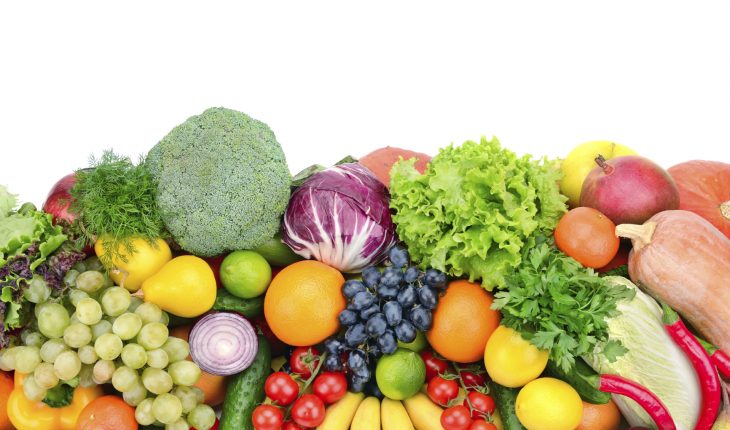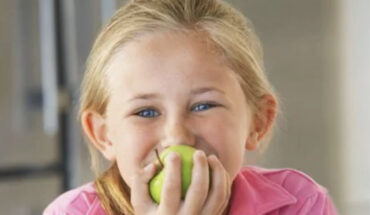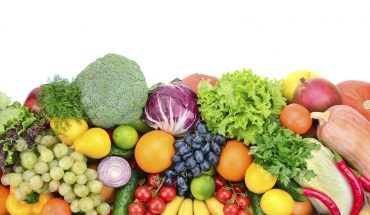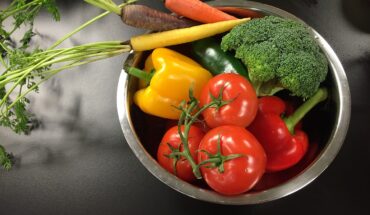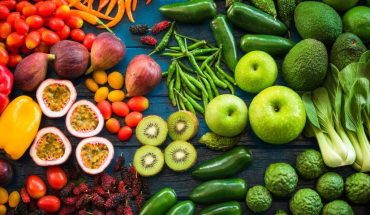Organic foods are not only generally better than conventional products, but they also often supply much more nutrients and vitamins than their multi-sprayed and synthetically fertilized counterparts. Some fruits absorb more pesticides than others. We provide you with the food you should buy as organic.
These Foods Must Be Organic
There are plants that are often treated with pesticides or fungicides more than others. Also, there are plants that absorb more toxins than others. And then there are still plants that absorb leftover toxins from the soil, even if their application in the agriculture for decades has not been allowed, but are still stored residually in the earth.

For example, certain grain cultivars still absorb dieldrin (a highly carcinogenic insecticide) even though this toxin was banned in some countries as early as 1974 (globally, dieldrin – as a member of the pollutant group known as a “dirty dozen.”)
If you can not afford to buy all organic food, you should at least take advantage of the following products for organic products:
1) Apples
Apples absorb more pesticides than any other fruit. In apples, approximately 36 different chemicals could be found and seven different chemicals were already discovered in a single apple. Therefore, it makes perfect sense to buy to this fruit only from organic cultivation.
Perhaps you can make contact with farmers who have orchids and who can allow you to pick untreated apples there – for an appropriate fee.
Conceivable but not necessarily indigenous alternatives to apples would be tangerines, bananas, and watermelons. Strawberries are one of the most contaminated fruits you can buy at any time. Before you buy conventionally grown strawberries, you should know that they can be easily and successfully grown on every balcony in boxes or flower heads.
2) Peaches And Nectarines
These fruits are also known to contain far more chemicals and pesticides than most other fruit varieties. In nectarines were found up to 33 different chemicals and pesticides.
3) Baby Food
Babies and children don’t have the detoxification mechanisms required to purify the currently existing poison from food and the environment. Wherever it is possible, you should buy biological baby food or better still make it yourself by pureing freshly baked organic fruits and vegetables.
4) Blueberries
Although blueberries are generally regarded as superfoods (as a type of food which is particularly vital and health-promoting), this is true only if they come from organic farming. Tests have shown that blueberries can be contaminated with 52 different pesticides.
5) Grapes
Grapes are wonderful fruits full of antioxidants and vital substances. But they might contain up to 17 chemicals and pesticides inside.
8) Salad Cucumbers
Salad cucumbers are one of those fresh foods which are particularly bad in tests. Whole pesticide cocktails are detected in conventional products. Therefore, the common advice is to enjoy cucumbers peeled, in order to remove the part with the most pesticides.
7) Paprika
Since the paprika has only a very thin skin, it absorbs pesticides and chemicals very quickly. If you can not get peppers from organic farming, more harmless alternatives such as peas, (white or red) cabbage and broccoli are more advisable.
8) Spinach And Green Cabbage
The leaves of spinach and green cabbage are able to absorb up to 48 different pesticides. Therefore, it is particularly important to buy only organic products or to avoid the alternatives (white or red) cabbage, broccoli, and peas.
9) Potatoes
Potatoes can absorb up to 37 chemicals and pesticides. Since it is hardly a vegetable, serious taste differences between organic and not organic are not present, but the organic version is healthier.
10) Green Beans
Unfortunately, green beans also rank at the top of the residue list as they can absorb up to 60 different pesticides used during the growth phase of the vegetable for insect repellents.

